
views
Developments in food technology
food technology, from gene modified organisms to 3d printing and plant-based food, have changed the future of world food. Technological intervention is deemed necessary to ensure food production can meet the needs of the world's population which continues to increase and maintain the balance of the ecosystem. The growth of middle-upper class consumers has also increased awareness of the products they consume. Is the technology used in the food products he consumes safe for health, safe for the environment, and the welfare of the surrounding ecosystem, etc.
-
Ubereats clone propose penalty-based order processing in a decentralized food delivery ecosystem. Penalization in terms of money forces the actors to be compliant with the regulation.
-
A reputation mechanism in accordance with the penalization for increasing trust among the actors food delivery.
-
We ensure data security throughout the system using blockchain and smart-contract based decentralized implementation food delivery on the application.
-
We propose a service that replaces the commission-based service in the online food delivery sector and increases customer satisfaction and the development of product.

Uber Eats platform
-
Food delivery companies Uber Eats have such as City over a law for licensing food delivery apps and for permanently limiting the commissions they can charge restaurants.
-
The companies are seeking an injunction that would prevent New York from enforcing its fee cap regulations adopted last month, as well as unspecified monetary damages and an Uber Eats
-
limits the amount food delivery companies can charge restaurants to use their platform and requires them to obtain a two-year Uber Eats operating license.
-
The lawsuit argues that the law is unconstitutional because "it interferes with freely negotiated contracts between platforms and restaurants by changing and dictating the terms of the economy in which the dynamic industry operates".
-
It seeks to limit the amount these companies can charge restaurants to 15% of food orders for delivery services and 5% for advertising and other non-delivery services is split almost evenly among major platforms Uber Eats 30% .
Transparency food production
-
Transparency of the food production chain starting from the most upstream to the dinner table is a future consumer need. Blockchain is the mainstay technology that can provide this transparency. This technology can track quickly if there are defects, contamination, and sources of borne diseases in food so that it can ensure that products that reach consumers are safe for consumption.
-
In the agricultural industry sector, blockchain can help producers in the process of transportation, logistics, and transaction costs. This is because agricultural product reserves ( inventory ) can be monitored easily, as well as the shipping process, and can reduce transaction costs by reducing the involvement of banks as third parties.
Consumers access information
-
Not only that, consumers can also find out the entire supply chain of the food products they buy, starting from the production process whether they use hazardous materials or not, whether they cause damage to nature or not, or whether there are aspects of violations in the food product supply chain. other. Consumers can access information from the production chain of the food products they buy through QR codes or labels printed on product packaging using a smartphone.
-
temporary limits on the commission food delivery companies charge restaurants during the pandemic, when so many of them were forced to close or rely on ubereats like app delivery alone.
environment friend Blockchain
-
Blockchain technology will be very useful, especially in the oil palm plantation sector often considered not environmentally friendly as well as several other environmental and humanitarian violations, thus triggering the emergence of a ' palm oil free' campaign for several related products.
-
The existence of blockchain technology in the supply chain of palm products, consumers can access information from the production chain whether it involves aspects of environmental destruction or other aspects of violations
Delayed food delivery
-
Customer satisfaction is decreased when food is delivered late (Worku & Legoabe, As a result, external factors such as traffic, order volume, and weather conditions must be considered. Occasionally, a lack of training, a staffing deficit, inappropriate scheduling, or inefficient route planning might result in an improperly managed delivery routine


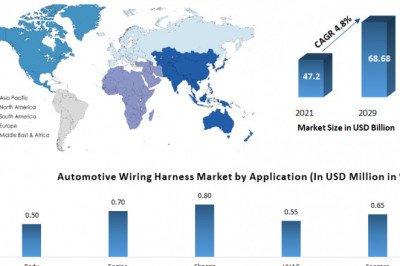

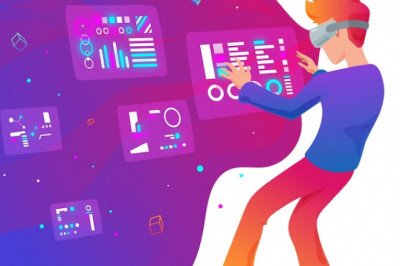
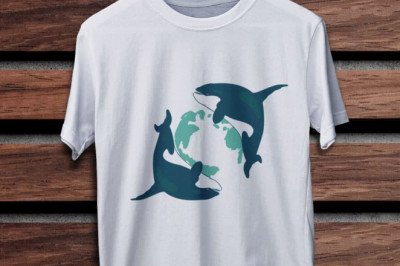


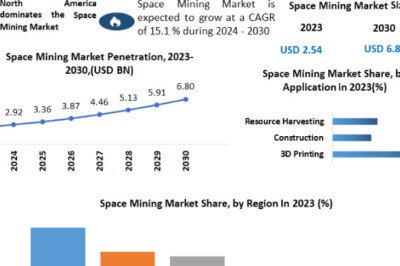

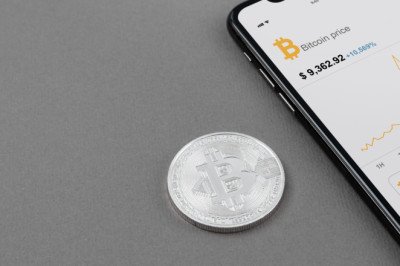

Comments
0 comment